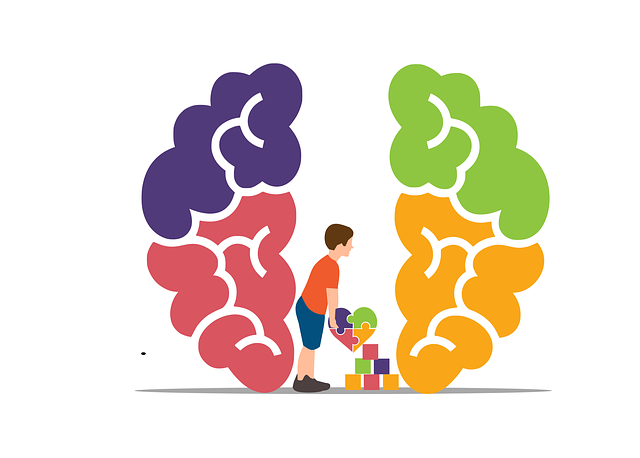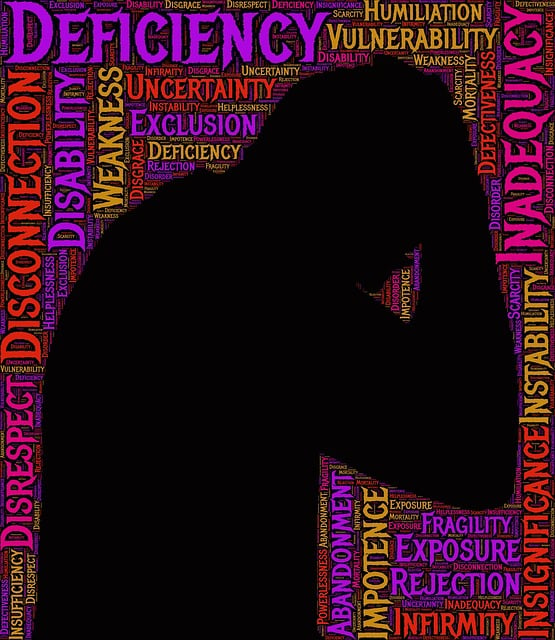Denver's trauma support landscape boasts a vibrant tapestry of services, including specialized therapy like Denver Abuse Survivors Therapy (AST), catering to diverse PTSD and trauma-related needs. AST empowers survivors through tailored care, safe spaces, and community outreach, overcoming stigma and lack of awareness about mental health resources. Beyond individual healing, AST contributes to Denver's Mental Health Policy Analysis and Advocacy, ensuring sensitive, effective care for vulnerable populations.
In Denver, trauma support services have emerged as vital pillars within the city’s mental health landscape, offering hope and healing to survivors of abuse. This article delves into the comprehensive ecosystem of support, exploring key initiatives like Denver Abuse Survivors Therapy (DAT). We analyze the challenges in accessing these services and highlight innovative solutions fostering resilience through community engagement. By understanding the current panorama, we aim to shed light on how DAT and similar programs contribute to a more resilient and supportive Denver.
- Understanding Denver's Trauma Support Landscape
- The Role of Abuse Survivors Therapy in Denver
- Accessing Services: Challenges and Solutions
- Fostering Resilience Through Community Engagement
Understanding Denver's Trauma Support Landscape

Denver’s trauma support landscape is a vibrant tapestry woven with various services dedicated to assisting abuse survivors. This city boasts an array of professional therapists specializing in mental health and offering tailored treatment plans for individuals navigating post-traumatic stress disorder (PTSD) and other trauma-related challenges. The availability of Denver Abuse Survivors Therapy ensures that those who have experienced abuse can find specialized care, fostering healing and recovery.
Beyond individual therapy, the community is fortunate to have organizations focusing on holistic support. These include Stress Management Workshops Organization, which provides tools for coping with stress and anxiety, and social skills training initiatives aimed at boosting confidence and improving interpersonal interactions. Such comprehensive approaches cater to diverse needs, creating a supportive network that empowers survivors to reclaim their lives and build resilience.
The Role of Abuse Survivors Therapy in Denver

In Denver, Abuse Survivors Therapy (AST) plays a pivotal role in supporting individuals who have experienced trauma due to abuse. This specialized form of therapy is designed to help survivors process their experiences, heal from deep-seated emotional wounds, and regain control over their lives. AST goes beyond traditional therapy by addressing the unique needs of abuse survivors, offering them a safe space to share their stories and receive tailored support. The approach focuses on trauma-informed care, ensuring that each client’s journey towards recovery is respected, empathetic, and effective.
Denver’s AST services are not only life-changing for individual survivors but also contribute significantly to the city’s Mental Health Policy Analysis and Advocacy efforts. By fostering understanding and awareness about abuse-related trauma, these therapy programs influence healthcare provider Cultural Competency Training, ensuring that local medical professionals are equipped to offer sensitive, effective care to this vulnerable population. The availability of such specialized services in Denver underscores a commitment to addressing anxiety relief for survivors, promoting holistic mental health, and advocating for policies that support trauma-affected individuals.
Accessing Services: Challenges and Solutions

Accessing trauma support services can be a significant challenge for many individuals, especially those who have experienced abuse or lived through traumatic events. In Denver, where Denver Abuse Survivors Therapy (DAT) plays a crucial role, there are several barriers that might deter people from seeking help. One of the primary obstacles is the stigma surrounding mental health issues and therapy; some survivors may feel ashamed or afraid to reach out due to societal perceptions. To overcome this, DAT emphasizes creating safe, non-judgmental spaces where individuals feel empowered to share their stories.
Another challenge lies in the lack of awareness about available resources. Many survivors might not know where to begin their journey towards healing. This is where community outreach and education programs step in, providing guidance on accessing services like therapy, support groups, and even Mental Wellness Coaching Programs Development. Additionally, simple yet effective initiatives such as promoting Mental Wellness Journaling Exercises can be a starting point for individuals to process their experiences and take control of their mental wellness. By combining community engagement and accessible resources, DAT ensures that every survivor has the opportunity to begin their path to recovery.
Fostering Resilience Through Community Engagement

In Denver, abuse survivors can find a supportive community that fosters resilience through active engagement. Local support services prioritize creating safe spaces where individuals heal and grow together. This collective approach encourages open dialogue, promotes shared experiences, and enhances feelings of belonging—all essential components in building emotional strength. By participating in group therapy sessions, workshops on coping skills development, or mindfulness meditation practices, survivors learn effective strategies for managing their mood and navigating life’s challenges.
Community-based initiatives also empower survivors by providing them with practical tools to increase self-awareness, enhance problem-solving abilities, and develop healthier coping mechanisms. Through these collaborative efforts, Denver Abuse Survivors Therapy ensures that individuals not only survive but thrive in the face of adversity.
Denver’s trauma support services landscape is robust, with specialized therapies like Denver Abuse Survivors Therapy playing a pivotal role in fostering resilience. While challenges in accessing these services persist, innovative solutions are emerging through community engagement. By understanding the unique needs of survivors and providing accessible, tailored support, Denver can create a more healing environment for all those affected by trauma.














